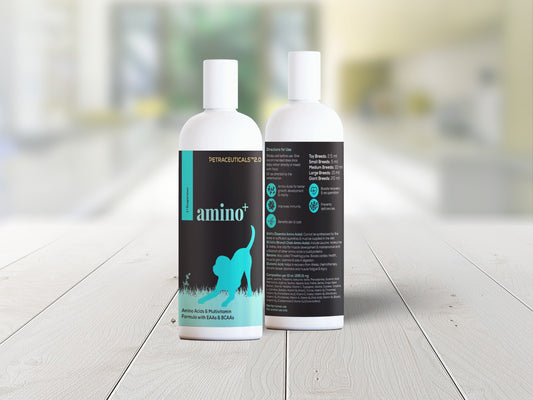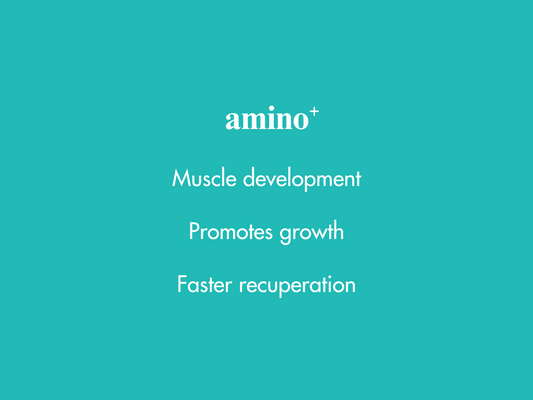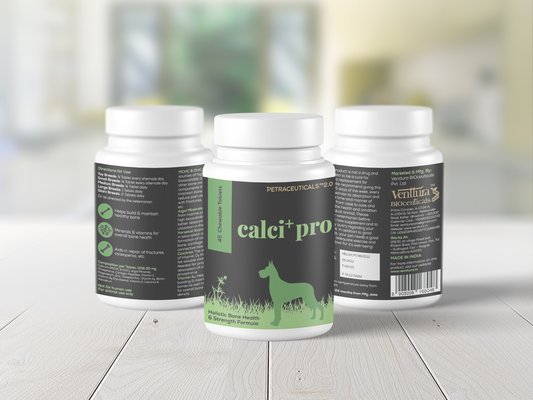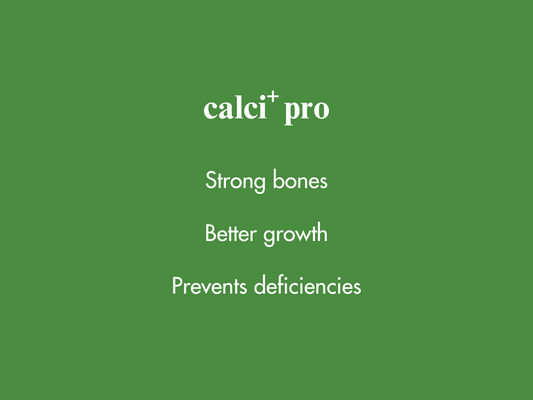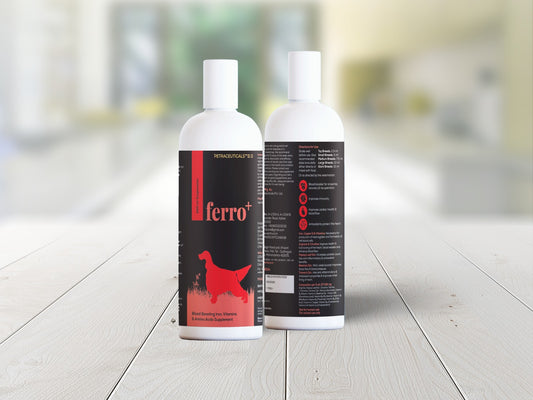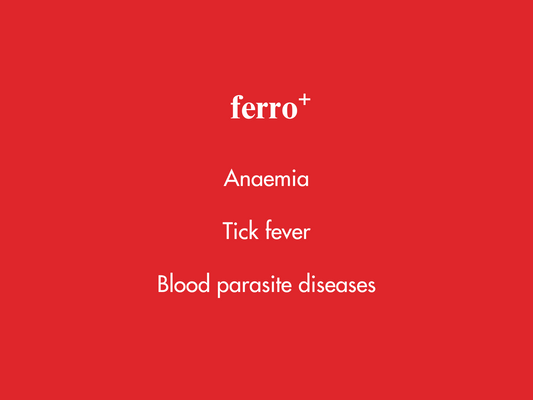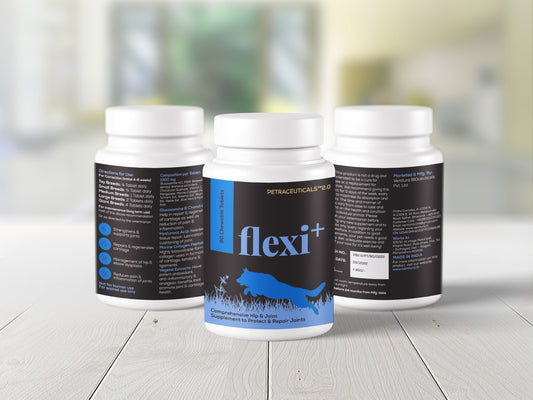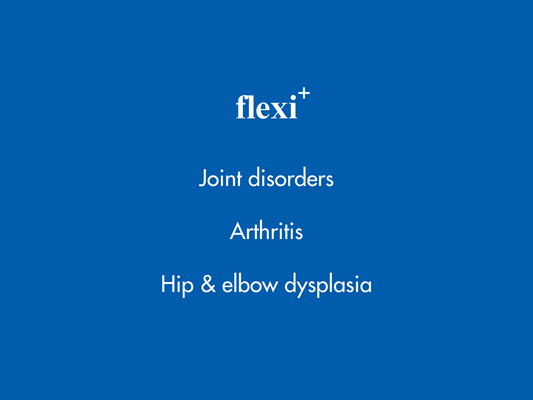Nutrition in Horses
Proper nutrition is essential for maintaining the health and well-being of horses. A well-balanced diet ensures that horses receive the necessary nutrients to support their growth, development, and overall performance. In addition to a nutritious diet, supplements can be utilized to address specific needs or deficiencies. This article explores the key components of equine nutrition and the role of supplements in promoting optimal health.

- Basic Nutritional Requirements
Horses are non-ruminant herbivores with a digestive system designed for constant foraging since their small stomach limits the amount of feed than can take in one time. Horses are unable to regurgitate food, so if they overeat or eat something poisonous vomiting is not an option. Their diet primarily consists of high-fiber forages, such as grass and hay.
Key nutritional components include:
Water: It is the MOST IMPORTANT nutrient; horses can’t live long without it! Always ensure there is an adequate, clean supply of water. Horses generally drink about 4 litres of water for every kilogram of hay they consume. In high temperature, hard work, or for the lactating mare the water requirement may be 3 to 4 times the normal consumption.
Signs that your horse may be water deficient include decreased feed intake and physical activity, and signs of dehydration like dry mucous membranes in the mouth, dry droppings, and decreased capillary refill time. Lack of a water supply, poor taste or palatability of the water, accessibility issues (frozen, contaminated, or received), or sickness are all potential reasons of water shortages. Dehydration can lead to various health problems, including colic and decreased performance.
Protein: Essential for muscle development, growth, repair, immune function, and overall body maintenance. The main building blocks of protein are amino acids. Good sources include legumes, forages, and some grains. Most adult horses only require 8 to 10% protein in the ration; however, higher protein is important for lactating mares and young growing foals.
Signs of protein deficiency include a rough or coarse hair coat, weight loss, and reduced growth, milk production, and performance. Excess protein can result in increased water intake and urination, and increased sweat losses during exercise, which in turn lead to dehydration and electrolyte imbalances.
Carbohydrates: Mainly obtained from forages and grains, carbohydrates are a primary energy source for horses.
The main building block of carbohydrates is glucose. Soluble carbohydrates such as starches and sugars are readily broken down to glucose in the small intestine and absorbed. Insoluble carbohydrates such as fiber (cellulose) bypass enzymatic digestion and must be fermented by microbes in the large intestine to release their energy sources, the volatile fatty acids. Fiber, found in forages, is crucial for proper digestive function. Forages normally have only 6 to 8% starch but under certain conditions can have up to 30%. Sudden ingestion of large amounts of starch or high sugar feeds can cause colic or laminitis.
Fats: Provide concentrated energy and support coat condition. Fat has three-times energy that of any grain or carbohydrate source. Sources include vegetable oils and certain grains.
Vitamins: They are fat-soluble (vitamin A, D, E, and K), or water-soluble (vitamin C, and B-complex). These are micro-nutrients i.e., required in small quantities in the body. Horses at maintenance usually have more than adequate amounts of vitamins in their diet if they are receiving fresh green forage and/or premixed rations. Some cases where a horse would need a vitamin supplement include when feeding a high-grain diet, or low-quality hay, if a horse is under stress (traveling, showing, racing, etc.), prolonged strenuous activity, or not eating well (sick, after surgery, etc.).
Minerals: These are required for maintenance of body structure, bone development, physiological functions, fluid balance in cells (electrolytes), nerve conduction, and muscle contraction. Calcium and phosphorus are needed in a specific ratio ideally 2:1, but never less than 1:1. Sweating depletes sodium, potassium, and chloride from the horse’s system, therefore, supplementation with electrolytes may be helpful for horses that sweat a lot. Young horses may need added calcium, phosphorus, and other minerals during the first year or two of life.
- Factors Influencing Nutrition:
Several factors influence a horse's nutritional needs:
Life Stage: Requirements vary depending on whether the horse is a growing foal, an adult, pregnant, or a senior.
Activity Level: Horses in intense training or competition have higher energy demands than those in light work or retirement.
Health Status: Medical conditions, such as metabolic disorders or dental issues, can impact nutrient absorption and utilization.
Body Weight and Condition: Maintaining an ideal body weight and condition score is crucial for overall health and performance.
- Importance of Forage:
Forages are classified as legumes or grasses. Legumes are usually higher in protein, calcium, and energy than grasses. They have more leaves than grasses and require optimal growth conditions (warm weather and good soil) to produce the best nutrients. Some legumes include clover and alfalfa. Legumes are usually higher in protein, calcium, and energy than grasses. Forage forms the foundation of a horse's diet. It provides fiber, which supports proper digestion, and mimics the natural grazing behaviour of horses. Adequate forage intake helps prevent digestive issues, such as colic and gastric ulcers.
- Grains and Concentrates:
Grains, such as oats, barley, and corn, can be added to a horse's diet to provide additional energy. However, they should be fed in moderation, and the type and amount should be tailored to the individual horse's needs. Overfeeding grains may lead to issues like obesity and metabolic disorders.
- Common Nutritional Deficiencies:
Nutritional deficiencies in horses can lead to various health issues, affecting their overall well-being and performance. Identifying common deficiencies and understanding their associated symptoms is crucial for maintaining optimal equine health. Common deficiencies include:

Nutritional deficiencies in horses can lead to various health issues, affecting their overall well-being and performance. Identifying common deficiencies and understanding their associated symptoms is crucial for maintaining optimal equine health. Here are some common nutritional deficiencies and their corresponding symptoms in horses:
- Vitamin A Deficiency:
Symptoms
- Night blindness
- Dull coat
- Reduced immune function
- Respiratory and digestive issues
b). Vitamin E and Selenium Deficiency:
Symptoms
- Muscle weakness or stiffness
- Diminished performance
- Decreased immune function
- Dull coat
- Calcium and Phosphorus Imbalance:
Symptoms
- Poor bone development in young horses
- Lameness
- Weak or brittle bones
- Dental issues
- Difficult birth
- Seizures
- Iron Deficiency:
Symptoms
- Anemia
- Fatigue
- Poor performance
- Omega-3 Fatty Acid Deficiency:
Symptoms
- Dull coat
- Skin issues
- Inflammatory conditions
- Hair loss
- Weight loss
- Protein Deficiency:
Symptoms
- Poor muscle development
- Weight loss
- Dull coat
- Reduced immune function
- Stilted growth
- Copper Deficiency:
Symptoms
- Dull coat with a bleached appearance
- Anemia
- Bone abnormalities
- Zinc Deficiency:
Symptoms
- Dull coat
- Skin issues, including dermatitis and poor wound healing
- Decreased immune function
- Bone development disorders
- Impaired glucose metabolism
- Iodine Deficiency:
Symptoms
- Goiter (enlarged thyroid gland)
- Muscle weakness
- Hair loss
- Decreased growth and bone calcification
- Thickened skin & dry, dull coat
- Salt (Sodium and Chloride) Deficiency:
Symptoms
- Decreased appetite
- Lethargy
- Dehydration
- Reduced muscle coordination
- Lowered milk production in lactating mares
- Potassium Deficiency:
Symptoms
- Fatigue
- Restlessness
- Retarded growth

It's important to note that individual horses may have different requirements based on factors such as age, activity level, and health status. Regular veterinary assessments, blood tests, and consultation with an equine nutritionist can help identify and address nutritional deficiencies. Adjusting the diet or providing targeted high quality supplements can often correct these deficiencies and improve the overall health and performance of horses.
Quality horse supplements used correctly can have a positive impact on a horse's health. All horses need the same nutrients, however depending on the age and life stage the nutritional requirements and demands of horses may vary. High-performance, growing, breeding, training and aging horses, as well as horses recovering from injury or illness, may need additional sources of nutrition to achieve a balanced diet. Research-based evidence suggests that horses receiving the right balance of vitamins, minerals and other nutrients not only perform better but are healthier, less prone to diseases and more willing to work and train.
Common supplements include:
Vitamin and Mineral Supplements: Address deficiencies or imbalances in the diet.
Joint Supplements: Contain ingredients like glucosamine and chondroitin to support joint health, particularly in older or performance horses.
Electrolyte Supplements: Replenish electrolytes lost through sweating, crucial for horses in intense training or hot climates.
Omega-3 Fatty Acid Supplements: Improve coat condition, reduce inflammation, and support overall health.
Venttura EQUIceuticals supplements are the first of their kind in the horse world in India. Using the finest quality ingredients, with high concentrations of bio-actives, these supplements have been carefully formulated to address equine challenges and to support healthy, happy, fit and active horses.

 Proud to have impacted over 1 Million Happy Pet Parents since 2013.
Proud to have impacted over 1 Million Happy Pet Parents since 2013. 

